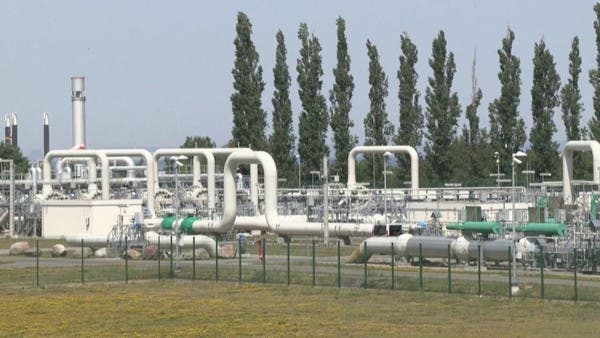At the first plenary session of the 20th Central Committee of the Chinese Communist Party (1st plenary session) on the 23rd, Xi Jinping, who officially decided to continue as general secretary for a third term, showed an optimistic outlook for the nation’s future.
Xi said the Communist Party’s forty-year efforts have led China to achieve rapid economic development and social stability and vowed to further open its economy and maintain ties with other countries. The Communist Party will implement priority measures in line with the interests of the people and will continue to work hard to bring a “better life” to the people.
Xi said the Chinese economy “will remain on a positive long-term trajectory”, with “strong fundamentals that will remain unchanged”.
Secretary General Xi Jinping (President of China, 23 October)
Source: Bloomberg
Anticipating a long-term administration, Mr. Xi elevated the party officials close to him to the top leadership. But rather than praising the stability that 69-year-old Xi brings, many Chinese observers fear that no one will stop him if he makes a mistake.
Victor Shih, associate professor of political science at the University of California, San Diego, said the members of the top leadership “are all people who have been promoted to leadership by fully agreeing with Mr. Xi and always upholding Mr. Xi’s position. . ” , “I will not raise any objections regardless of the truth of Mr. Xi’s judgment.”
The Chinese market fell on the morning of the 24th, earlier this week. Investors have expressed their disappointment at the new leadership, which is made up of Mr. Xi’s closest confidants. The Hang Seng China Enterprises (H Shares) Index, which consists of mainland China stocks, fell more than 5% at one point. The offshore yuan fell 0.7% to 7.2782 per dollar, close to last week’s record low. The People’s Bank of China (Central Bank) set the central rate of the yuan at 7.1230 yuan per dollar. The yuan has depreciated from around 7.11, which had continued recently.
The Russian invasion of Ukraine this year highlighted the dangers of a dictatorship. Although the United States continues to emphasize that the possibility of a Chinese military invasion of Taiwan is increasing, there are no signs that Mr. Xi will begin preparations for an invasion of Taiwan anytime soon. But Mr. Xi’s ideology is becoming increasingly dominant in Chinese decision-making.
In addition to cracking down on the private sector in the name of “common wealth,” Xi has maintained a zero-crown policy against global trends. He focused on security while he opposed the United States. Zhuang Jiaying, an associate professor of political science at the National University of Singapore specializing in Chinese foreign policy, said the concentration of power in Xi’s hands inevitably exacerbates territorial disputes with neighboring countries and exacerbates tensions with major powers. to be.
The concentration of power “further increases the risks to the world,” he said.

Party committee secretary Li Qiang, the Shanghai summit, has been chosen as the party’s number two and is likely to become the next prime minister. This appointment could be the latest milestone in the direction China is heading. Although Mr. Li has been assessed as the head of the city of Shanghai, he has taken measures that take business into account, causing strong opposition from citizens who are faced with a situation where it is difficult to find medical institutions.

by Li Qiang
Source: Bloomberg
“Xi is surrounded by extremely loyal followers,” said Drew Thompson, a visiting senior fellow at the Lee Kuan Yew School of Public Policy at the National University of Singapore.
Original title:Total control of Xi in China introduces more risks to the chaotic world、 Xi’s total control in China introduces more risks to the chaotic world 、Chinese markets collapse as Xi’s squeeze alarms investors、 Onshore yuan weakens as PBOC eases repair after Congress (抜 粋)
(I will add the Chinese market situation on the 24th in the 6th paragraph and update it.)


